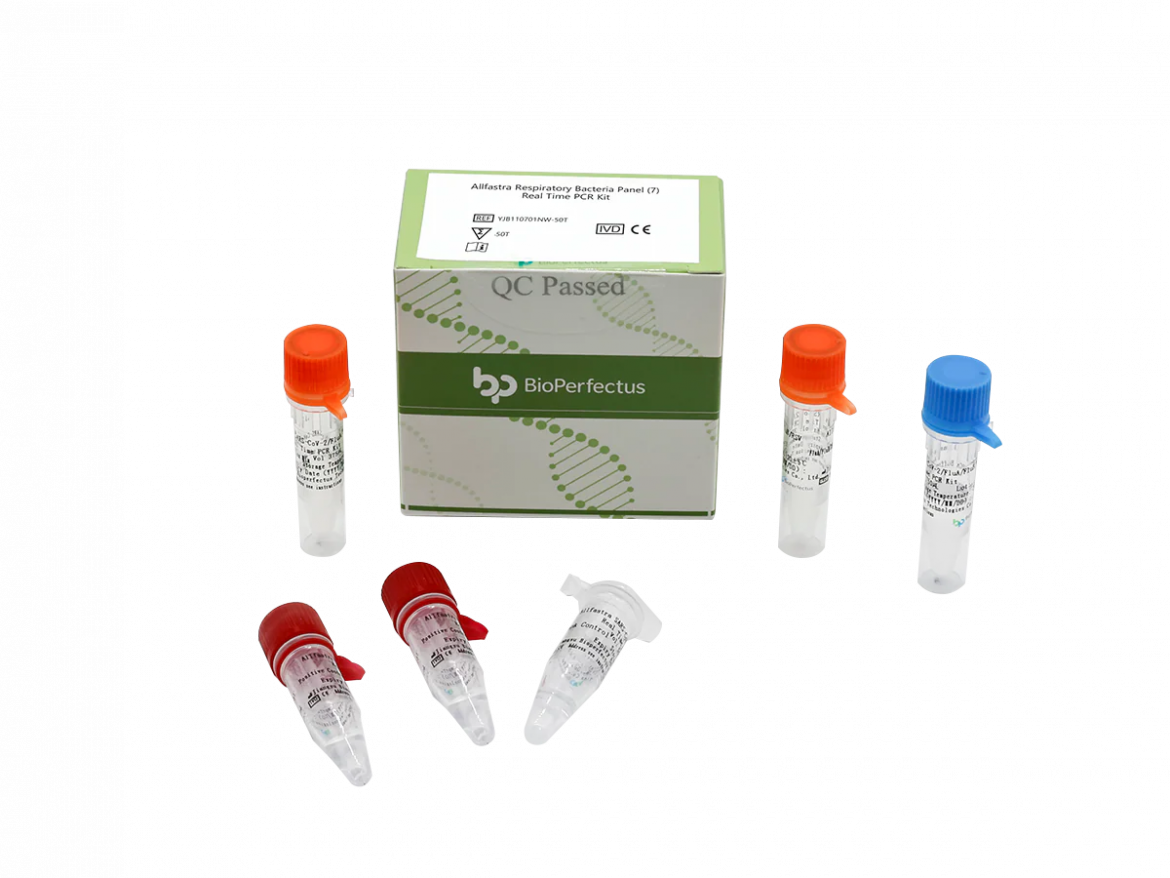Identifying the specific cause of a respiratory infection requires precise molecular tools. A PCR respiratory test is a common technique used in labs to detect viral or bacterial genetic material. When a test looks for multiple pathogens at once, it is often called a respiratory panel test. The procedure follows a series of defined steps to ensure a reliable result. Companies like BPLabLine supply the assays and reagents that support this vital laboratory work.
Step 1: Sample Collection and Preparation
The process begins with collecting a sample, typically a nasopharyngeal or throat swab. The sample is placed in a transport medium to preserve the genetic material of any pathogens present. In the lab, technicians then process the sample to extract and purify the nucleic acids (DNA or RNA). This step is critical, as a pure sample is essential for an accurate PCR respiratory test.
Step 2: The Amplification Reaction
The extracted genetic material is added to a prepared PCR reaction mix. This mix contains primers—short sequences designed to bind to specific target pathogens—and enzymes for replication. The tube is placed in a thermal cycler, which heats and cools the sample through repeated cycles. This process exponentially amplifies the target genetic sequences, making them detectable. A multiplex respiratory panel test will contain primers for several different pathogens in a single tube.
Step 3: Analysis and Interpretation
After amplification, the results are analyzed. Specialized software interprets the fluorescence signals produced during the PCR cycles. A positive signal for a specific pathogen confirms its presence in the original sample. The high reproducibility of these assays, like those offered by BPLabLine, helps laboratories deliver consistent data for respiratory research.
This structured approach allows researchers to efficiently identify and characterize respiratory pathogens. The availability of streamlined PCR respiratory test kits and comprehensive respiratory panel test solutions supports scientific studies aimed at improving our knowledge of respiratory diseases and their transmission.

